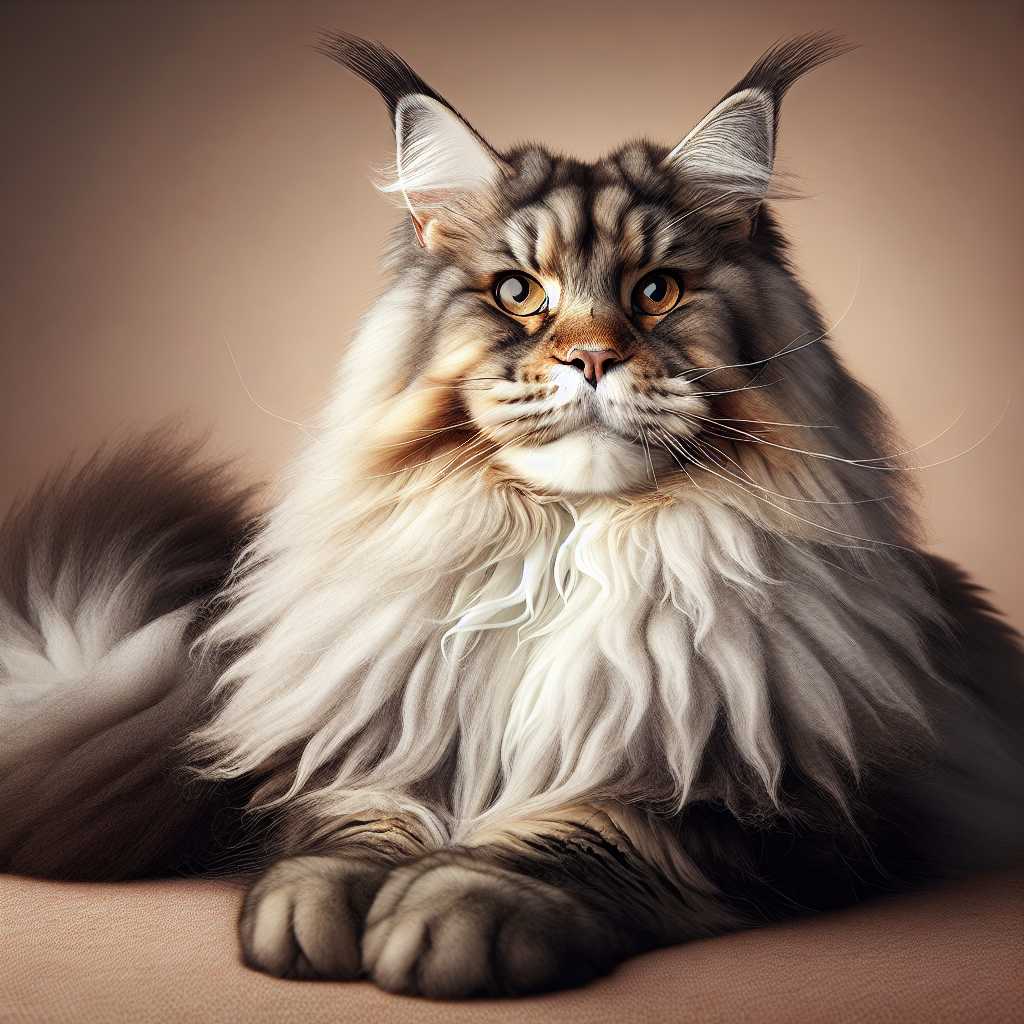Exploring the Majestic World of the Maine Coon Cat
The Maine Coon cat, often referred to as the gentle giant of the feline world, is one of the largest domesticated cat breeds. Known for its impressive size, intelligence, and friendly personality, the Maine Coon has become a beloved companion to many. This article delves into the characteristics, history, care needs, and common health issues of the Maine Coon, offering insights for prospective owners and cat enthusiasts.
History and Origin of the Maine Coon
Maine Coons are native to the United States, particularly the state of Maine, where they are the official state cat. While their exact origins are unknown, various legends and theories exist. One popular legend suggests that Maine Coons descended from cats belonging to Marie Antoinette that were sent to America during the French Revolution. A more scientific hypothesis is that they are the result of breeding between domestic shorthair cats and longhairs brought over by Vikings or European sailors.
Whatever their origins, Maine Coons were well-suited to the harsh New England winters due to their robust build and dense fur coats. Initially prized for their hunting abilities, these cats became farm favorites and earned a reputation as excellent mousers.
Physical Characteristics
Maine Coon cats are renowned for their striking appearance. They boast a muscular build, large bone structure, and substantial weight that can reach up to 18 pounds or more. It can take up to five years for these cats to reach full physical maturity.
Their most notable feature may be their long, thick fur coat, which is water-resistant and helps them survive in snowy climates. The coat is heavier around the neck area—referred to as a ruff—as well as on the stomach and legs which provides protection from wet and cold environments.
Maine Coons come in various colors and patterns. Their ears are tall and tufted with fur, enhancing their wild appearance. Another distinctive trait is their long, bushy tail that they can wrap around themselves for warmth.
Personality Traits
Despite their formidable size, Maine Coons are known for their sociable and laid-back personality. They tend not to be overly demanding and usually get along well with children and other pets. They have a playful disposition that lasts well into adulthood.
Maine Coons often express their affection with chirps and trills rather than meows; they communicate using a unique range of vocalizations. They are known for their intelligence and can be trained to perform tricks or walk on a leash.
These cats enjoy playing with water—perhaps a throwback to their ancestral hunting days when fishing was part of their survival strategy.
Care and Grooming Needs
Maine Coons’ long coats require regular grooming—at least once a week—to prevent matting. During seasonal changes in spring or fall when shedding is at its peak, more frequent grooming may be necessary.
Though they can withstand colder climates better than most other cats, Maine Coons should still live indoors to ensure safety and health.
Regular veterinary care includes vaccinations, parasite control, and health checks pertinent for all cats but particularly important for detecting common health issues related to this breed early on.
Health Considerations
While generally healthy animals, Maine Coons may be predisposed to certain genetic conditions like hypertrophic cardiomyopathy (HCM)—a form of heart disease—and hip dysplasia.
Screening by breeders and regular vet check-ups can manage these risks. A healthy diet and lifestyle contribute greatly towards ensuring your Maine Coon has a long and joyous life.
Notes
– Maine Coon cats are indigenous to North America; they are named after the state of Maine.
– The breed has a distinctive physical appearance including tufted ears, a fine bone structure, a bushy tail similar in appearance to raccoons and can weigh between 10 and 25 pounds.
– They possess a dog-like personality being sociable, trainable, and interactive with humans.
– Emperor of all domestic cats; recognizable by “thumb-like” large polydactyl paws which can sometimes have extra toes.
– Annual vet check-ups are essential for screening against genetic conditions common in the breed such as HCM (hypertrophic cardiomyopathy) which is present in approximately 30% of all Maine Coons tested according to some sources.
– Renowned for having fewer health issues than many purebred cats but can benefit from breed-specific advice on nutrition due to incidence of obesity.
